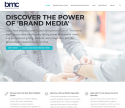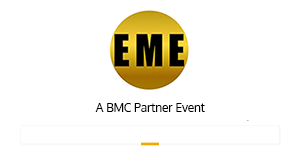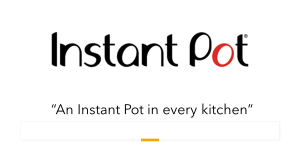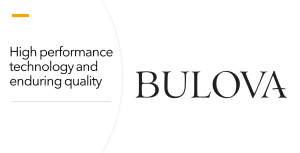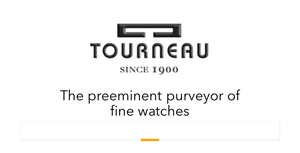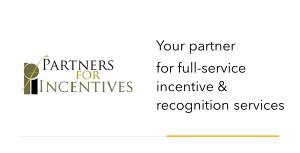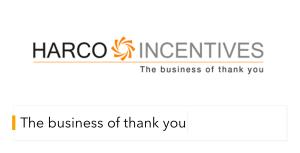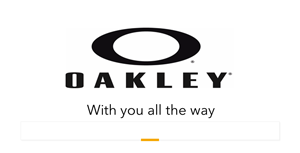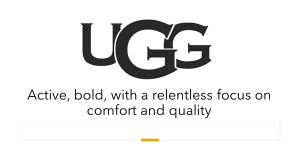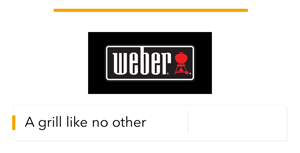How to Make ESG the Friend of Promotional Distributors and Creative Suppliers
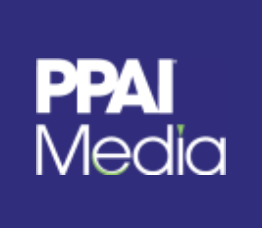 As the promotional products industry meets for its annual PPAI conference and exhibition Jan. 9-12 in Las Vegas, some distributors are asking if the new focus on sustainability and negative press about promotional products imperils their business. This RNN article demonstrates how Environmental, Social, and Governance (ESG) can create new opportunities for enterprising distributors and suppliers eager to find new ways to create value for customers.
As the promotional products industry meets for its annual PPAI conference and exhibition Jan. 9-12 in Las Vegas, some distributors are asking if the new focus on sustainability and negative press about promotional products imperils their business. This RNN article demonstrates how Environmental, Social, and Governance (ESG) can create new opportunities for enterprising distributors and suppliers eager to find new ways to create value for customers.By Bruce Bolger
 In a recent PPAI newsletter, Anne Stone, Director of Membership Engagement for Promotional Products Association International, declares that sustainability issues pose an “existential threat.” She explains, “We are all aware of negative articles focused on our industry and the perception that promo is wasteful. The three Rs of recycling (reduce, reuse, recycle) have been updated to the five Rs – refuse, reduce, reuse, repair, recycle. It is the first R, refuse, that I believe presents an existential threat to our industry.”
In a recent PPAI newsletter, Anne Stone, Director of Membership Engagement for Promotional Products Association International, declares that sustainability issues pose an “existential threat.” She explains, “We are all aware of negative articles focused on our industry and the perception that promo is wasteful. The three Rs of recycling (reduce, reuse, recycle) have been updated to the five Rs – refuse, reduce, reuse, repair, recycle. It is the first R, refuse, that I believe presents an existential threat to our industry.”Stone is obviously correct in her concern, given that many companies committed to sustainability are looking for easy ways to reduce waste. Here are six easy ways not covered by PPAI’s Stone for distributors and enterprising suppliers to turn this challenge into an opportunity to add more value for clients.
1. Create online redemption sites to replace swag bags and handouts. Instead of giving out products willy-nilly, provide people a choice by giving them a simple paper gift card and/or code they can use to redeem for their selection on a web site and/or app customized for the client’s brand. This makes sure that people are only seeking out items they wish to have and provides invaluable information to the organizational sponsor as to who is appreciating the gifts, when and what specifically they are selecting, and for what purpose. The redemption site often can be used to reinforce the client’s story and/or to gather additional information on a permission basis.
There are many companies that offer customizable online redemption sites that can be populated with whatever products the clients wish. Giving people a recyclable redemption card instead of the item itself at events and trade shows meets most sustainability standards; the shipping costs for most items will be low because of their general minimal weight and dimensions, and the recipient is spared the issue of packing the gifts for a trip home.
2. Embrace the inevitable growth of name-brand merchandise. Perhaps the greatest challenge facing the promotional market is not to the distributors but to the suppliers of no-brand products because properly selected brand-name products will almost always have a higher redemption rate when people are given a choice. The industry has already seen a significant move to brand names in almost all categories and that trend will only continue. Distributors have traditionally resisted brand-names because of the lower margins, even though the average order size is often five-times or more than for promotional products, and because of the ability for companies to buy brands for multiple sources outside the ad specialty trade. This resistance has changed out of necessity: clients are demanding brand names in apparel, drinkware, and other categories because of the greater perceived value over non-retail brands. It's important to note that while the promotional products industry achieved a new milestone of $25 billion in sales, it's a fraction of the size of the incentive, rewards, and recognition business, estimated to have sales of $176 billion in 2022.
3. Non-retail brands will need to go to the next level of strategic and creative customization to help clients create their own “private label” brands. By definition, brand-name products do not work for organizations that seek to create a product unique to their own company that they can potentially use for years. The promotional products industry excels at coming up with creative, three-dimensional ways to tell a story that, when successful, produces a product that gets kept on a desk, dresser, or used for years when successful as a constant reminder. Having people go to a web site to redeem their gift will reward those suppliers who know how to tell their clients’ stories through their products to the right audience to meet the goals. Those who can’t create this value risk commoditization. Winning suppliers will in effect become creators of specialized products for companies that wish (in the tradition of the Hess truck) to tell their story over time through a “premium.” A good recent example is the Chick-Fil-A line of promotional items created for the recent holiday season.
4. Help clients find the right engagement technologies for sales and non-sales employees, distribution, and channel partners. Employee gifting, recognition, and enterprise engagement technologies enable clients to align and integrate all the different ways they engage their stakeholders on a single platform, including communications, surveys, incentive and recognition programs, collaboration, and innovation, and much more in a way that provides incomparable analytics. While the margins on these programs may seem low to traditional distributors, it’s a way of making money “while one sleeps” because the technology is highly automated. Distributors can focus on providing ideas on how clients can achieve greater value from the technologies, rather than worrying about fulfillment, deliveries, or out-of-stock issues, etc.
5. Incentive and recognition programs to promote sustainability. More organizations will see the benefit of engaging stakeholders in environmental efforts that can involve rewards and recognition, as well as stakeholder engagement efforts to address the “S” or employee, customer, and distribution partner issues involved with ESG. The new European Union Corporate Sustainability Directive requires EU companies with more than 250 employees to disclose information on how they manage their workforces; how their supply chain and distribution partners manage theirs, as well as their customer and community management practices and metrics, which will affect many US companies that do business with them in the same way the GDPR privacy regulations have affected domestic companies.
6. Looking for other ways to create value. Enterprising distributors have always had a knack at identifying customer needs. Given their broad access to people involved with sourcing products and services, many have already expanded into signage, wellness and safety programs, customer promotions, and there’s no reason why they cannot represent benefits companies, engagement survey firms, and incentive, motivational event, or marketing agencies.
Subscribe to RRN’s weekly e-newsletter.
Profit From the “S” of Environmental, Social, Governance (ESG)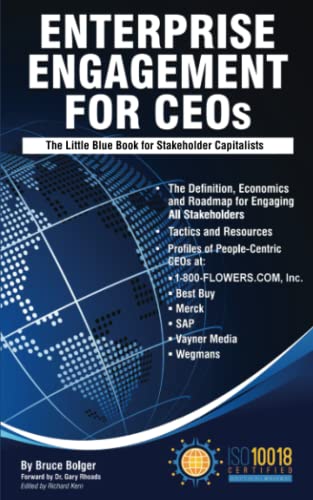
Through education, media, business development, advisory services, and outreach, the Enterprise Engagement Alliance supports boards, business analysts, the C-suite, management in finance, marketing, sales, human resources and operations, etc., educators, students and engagement solution providers seeking a competitive advantage by implementing a strategic and systematic approach to stakeholder engagement across the enterprise. Click here for details on all EEA and RRN media services.
1. Professional Education on Stakeholder Management and Total Rewards
Strategic Business Development for Stakeholder Management and Total Rewards solution providers, including Integrated blog, social media, and e-newsletter campaigns managed by content marketing experts.
4. Advisory Services for Organizations
Stakeholder Management Business Plans; Human Capital Management, Metrics, and Reporting for organizations, including ISO human capital certifications, and services for solution providers.
5. Outreach in the US and Around the World on Stakeholder Management and Total Rewards
The EEA promotes a strategic approach to people management and total rewards through its e-newsletters, web sites, and social media reaching 20,000 professionals a month and through other activities, such as:

Through education, media, business development, advisory services, and outreach, the Enterprise Engagement Alliance supports boards, business analysts, the C-suite, management in finance, marketing, sales, human resources and operations, etc., educators, students and engagement solution providers seeking a competitive advantage by implementing a strategic and systematic approach to stakeholder engagement across the enterprise. Click here for details on all EEA and RRN media services.
1. Professional Education on Stakeholder Management and Total Rewards
- Become part of the EEA as an individual, corporation, or solution provider to gain access to valuable learning, thought leadership, and marketing resources.
- The only education and certification program focusing on Stakeholder Engagement and Human Capital metrics and reporting, featuring seven members-only training videos that provide preparation for certification in Enterprise Engagement.
-
EEA books: Paid EEA participants receive Enterprise Engagement for CEOs: The Little Blue Book for People-
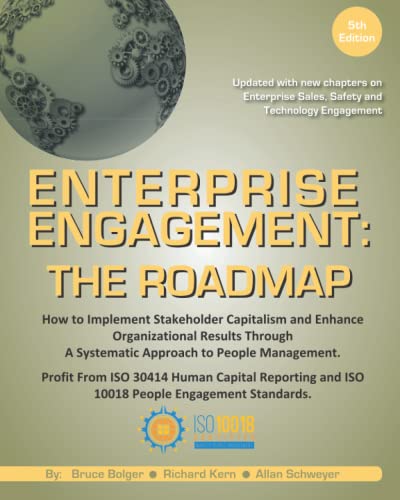 Centric Capitalists, a quick implementation guide for CEOs; Enterprise Engagement: The Roadmap 5th Edition implementation guide; a comprehensive textbook for practitioners, academics, and students, plus four books on theory and implementation from leaders in Stakeholder Management, Finance, Human Capital Management, and Culture.
Centric Capitalists, a quick implementation guide for CEOs; Enterprise Engagement: The Roadmap 5th Edition implementation guide; a comprehensive textbook for practitioners, academics, and students, plus four books on theory and implementation from leaders in Stakeholder Management, Finance, Human Capital Management, and Culture.
- ESM at EnterpriseEngagement.org, EEXAdvisors.com marketplace, ESM e–newsletters, and library.
- RRN at RewardsRecognitionNetwork.com; BrandMediaCoalition.com marketplace, RRN e-newsletters, and library.
- EEA YouTube Channel with over three dozen how-to and insight videos and growing with nearly 100 expert guests.
Strategic Business Development for Stakeholder Management and Total Rewards solution providers, including Integrated blog, social media, and e-newsletter campaigns managed by content marketing experts.
4. Advisory Services for Organizations
Stakeholder Management Business Plans; Human Capital Management, Metrics, and Reporting for organizations, including ISO human capital certifications, and services for solution providers.
5. Outreach in the US and Around the World on Stakeholder Management and Total Rewards
The EEA promotes a strategic approach to people management and total rewards through its e-newsletters, web sites, and social media reaching 20,000 professionals a month and through other activities, such as:
- Association of National Advertisers Brand Engagement 360 Knowledge Center to educate brands and agencies.
- The EEA Engagement widget to promote, track, and measure customers/employee referrals and suggestions that can be connected to any rewards or front-end program management technology.
- The Stakeholder Capitalism free insignia to promote a commitment to better business.
- The BMC Brand Club and transactional storefronts to educate corporate and agency buyers on the IRR market.
- The EME Gold program to educate the top 3% of promotional consultants on selling engagement and rewards services.



